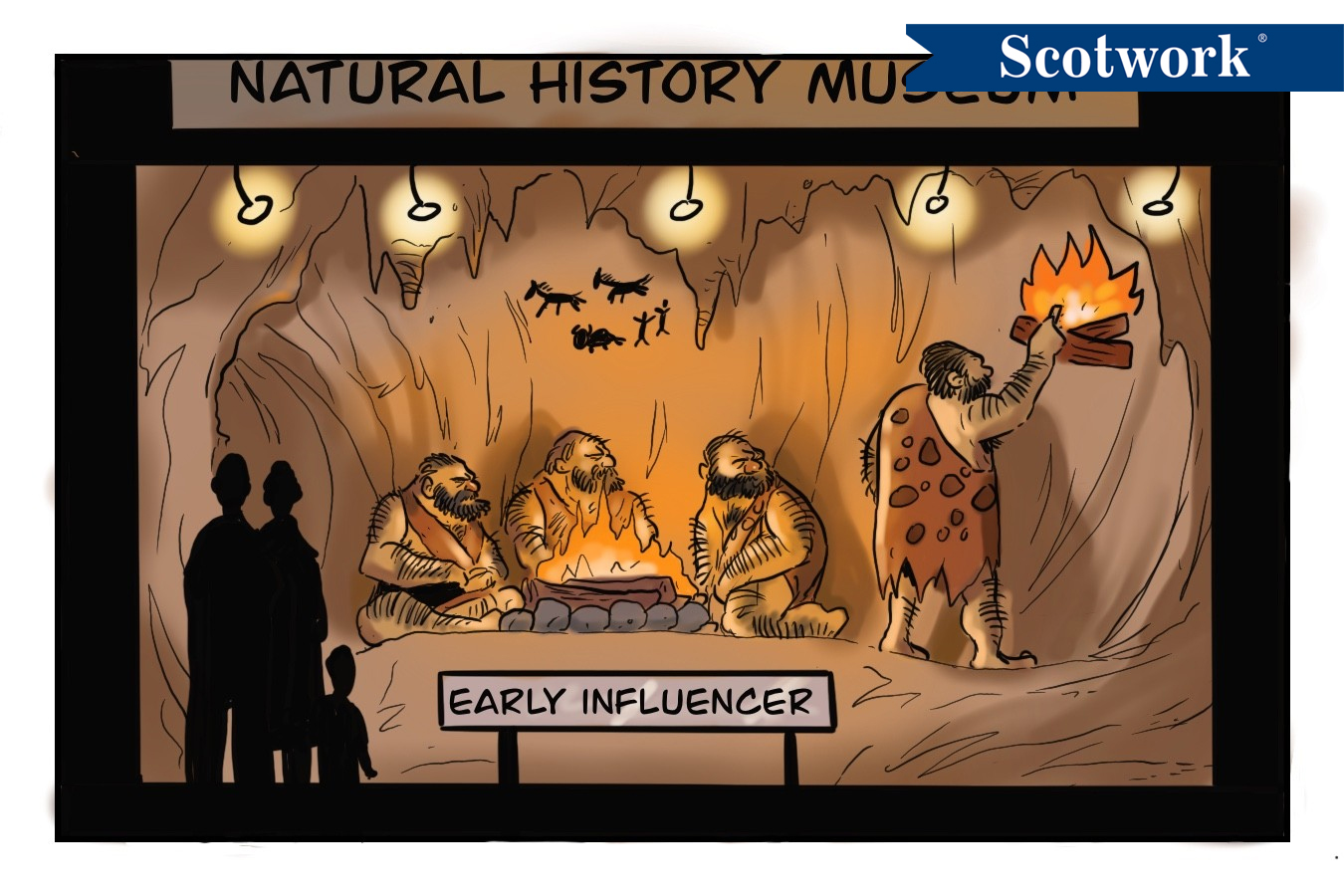Ever since there were cave paintings, there’s been publicity. It’s proven effective for everything from Greek philosophers, known as “sophists,” who taught those seeking public office the art of persuasion through rhetoric, to our Founding Fathers using The Federalist Papers to promote the ratification of the Constitution, to modern-day social media influencers scheming to get us to buy their sponsors’ products. With all its capabilities, have you ever thought about how to use publicity in your negotiation?
A couple of years ago, I was involved in a negotiation where publicity was used to tip the balance of power in favor of the weaker party. When the weaker side signaled they might walk away, the stronger side didn’t believe them and bullied them for making the suggestion.
The weaker side did something clever. One of its executives was scheduled to appear on a prominent news program and mentioned that they were looking to partner with the stronger side’s biggest competitor. This was true — the executive was never asked when that partnership might happen or how real it was. He mentioned only that it was a possibility. However, now that the possibility was made public, the stronger side’s perception of the walkaway point changed dramatically. As such, so did the balance of power.
It’s important to note that the executive didn’t lie or mislead. In fact, he said the exact same thing that the weaker side’s negotiators were saying to the stronger side. So, why was his message received differently?
Authority. We often perceive information differently when it’s presented by someone with more authority. For instance, you perceive the same information differently when it’s delivered by your boss rather than a coworker. Authority gives credibility to information.
In your negotiations, you might want to consider using other authority figures to help deliver a message. Alternative authority can come from stakeholders, leadership, or groups like Legal or Procurement.
Forum. There’s a lot to be said about where and how a message is delivered. Messages are received differently when they’re conveyed in public versus private forums. When we hear something in a public forum, we give it more weight than something that’s said in passing.
In your negotiations, look at all the modalities available to influence talks. For instance, use email to summarize details or manage expectations. You can use face-to-face meetings to deliver nuanced, important information. And you can use your leadership to manage the expectations of the other side’s leadership.
Timing. When information is shared can drive a message’s impact. If the information can help shape a conversation, then it should come out early. If the information may not be received well, you may also choose to disclose it earlier so you can get past it, or you may choose to surround it with other information to help soften its impact.
In your negotiations, use timing to your advantage. Anything that will help your position, get it out early. Consider what information is better when paired with other events later in the negotiation.
When used correctly, publicity can be a powerful tool to influence your negotiations — it can help change the balance of power and shape perceptions.
We Can Help You Use Publicity to Shape the Outcome of Your Negotiation.
Shift opinion and the balance of power in your favor. Skillfully steering the course of great deals has been a Scotwork specialty for nearly 50 years.

